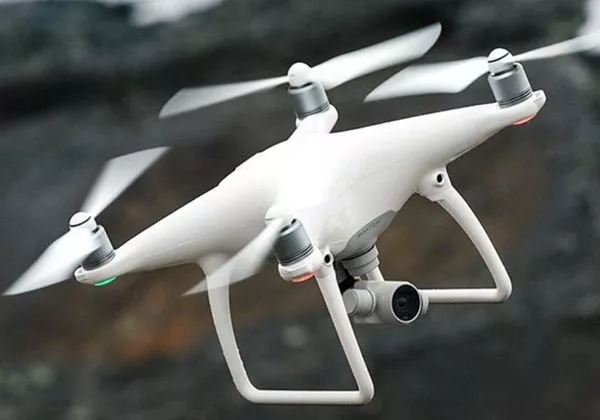When it comes to understanding the role of US drones in America’s national security strategy, it is crucial to explore both the technological advancements and the strategic implications these unmanned aerial vehicles (UAVs) provide. The deployment of US drones across America and globally has reshaped how the military conducts operations, focusing on improved precision, lower risk to personnel, and increased intelligence capabilities.
Evolution of Drone Technology
Drones have come a long way from their initial development and usage. Initially, they were simple reconnaissance tools used to gather intelligence without risking human life. However, with rapid technological advancements, modern drones are equipped with cutting-edge surveillance systems, high-definition cameras, and even weapon systems, transforming them into formidable tools in America’s national security arsenal.
Impact on National Security
The integration of drones into national security strategy has provided the US with significant advantages. One of the primary benefits is the ability to conduct surveillance and strike operations without placing soldiers in harm’s way. This has been particularly beneficial in remote and hostile regions where traditional military operations would be risky and challenging. The agility and stealth of drones allow them to gather detailed intelligence and engage targets with precision, which has been a game-changer in modern warfare.
- Enhanced surveillance capabilities for monitoring potential threats.
- Precision strike operations that minimize collateral damage.
- Reduced operational risk to human lives.

Challenges and Ethical Considerations

Despite the many advantages, the use of drones is not without controversy. Concerns regarding privacy, as UAVs have the capability to gather vast amounts of data without the knowledge of those being observed, have been raised. Additionally, the use of armed drones in combat zones brings up ethical considerations, such as the risks of civilian casualties and the moral responsibility of drone warfare.
Moreover, there is ongoing debate about the legal frameworks governing the use of drones, particularly in foreign territories, and whether they comply with international law. These discussions have become a focal point in international relations, as countries strive to balance national security objectives with ethical and legal standards.
Future Prospects
Looking forward, the role of drones in America’s national security strategy is expected to expand. As technology evolves, we may see drones that are more autonomous, capable of operating without direct human control, and equipped with advanced AI technologies that can enhance their effectiveness. These advancements will likely amplify both the capabilities and the ethical considerations associated with their use.
Frequently Asked Questions
Are drones used only for military purposes? While military operations are a significant application, drones are also used in civilian contexts such as firefighting, disaster response, and even delivery services, showcasing their versatile applications.
What measures are in place to regulate drone usage? Various legal frameworks and international agreements attempt to regulate drone use, but ongoing discussions aim to address gaps and challenges in existing laws to ensure responsible use.
How does the use of drones impact international relations? Drones have the potential to strain diplomatic relationships, especially when used in sovereign territories without permission. The US continues to engage in dialogue with other nations to manage and mitigate such tensions prudently.
